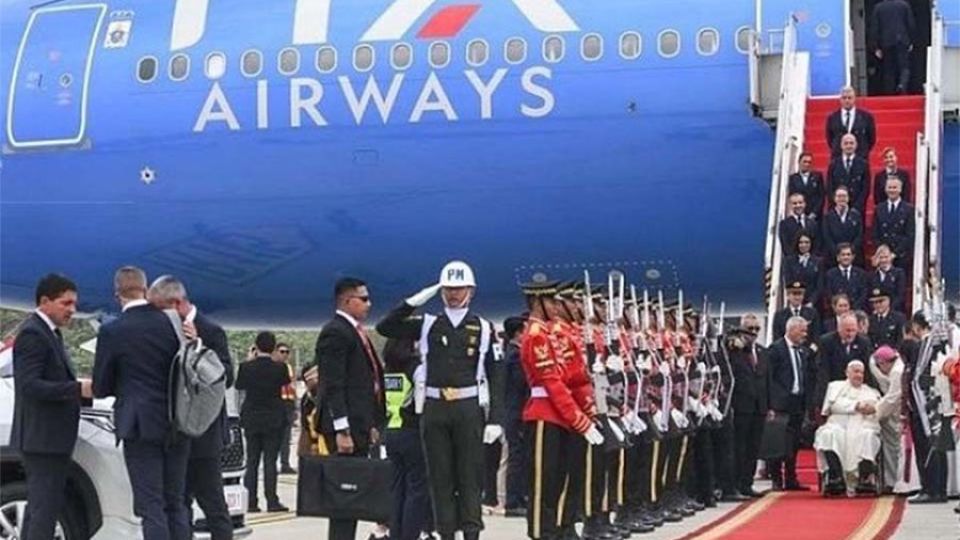September 9, 2024
JAKARTA – The warm welcome afforded by the Indonesian people and government to Pope Francis during his three-day stay in Jakarta shows how eagerly awaited was his arrival. The extensive media coverage of the Catholic leader’s apostolic visit to the world’s largest Muslim-majority nation is an acknowledgement of the crucial role he plays in shaping not only the world’s interfaith relationship but also the global approach to real problems like poverty, inequality and injustice.
From the well-organized Mass at Gelora Bung Karno Stadium in Senayan, South Jakarta, on Thursday, which saw the participation of about 85,000 people, to security arrangements to ensure the pontiff’s safety, Indonesia was well prepared for Francis, the third pope to visit Indonesia after Paul VI in 1970 and John Paul II in 1989.
After the pontiff left Jakarta for Papua New Guinea on Friday, the police’s counterterrorism squad Densus 88 announced the arrest of seven people in Jakarta, Bekasi in West Java, Bangka Belitung and West Sumatra between Monday and Wednesday for allegedly attempting or instigating attacks targeting the pope.
Spokesman for the squad, Aswin Siregar, said one of the suspects, identified only as ER, had pledged allegiance to the Islamic State movement, the global terror network that has been declared defunct but which has reportedly spawned cell groups including in Indonesia.
The government also called for work-from-home arrangements on Thursday, which proved helpful for Catholics from all across the country to attend Mass in Senayan.
Unsurprisingly, the pope tweeted in Indonesian language on his X account his gratitude to the country. “Thank you for the wonderful welcome you have given to me. May God bless you and may you continue to grow and persevere in peace and fraternal love,” he wrote on Friday.
In fact, in his sermon he delivered in Italian during the Mass, the pope encouraged the nation to carry on building a more just society and following the path of peace and dialogue that has long characterized Indonesia.
“Brothers and sisters, I also want to say to you, to this nation, to this wonderful and diverse archipelago: Do not tire of spreading your sails on your way, do not tire of dreaming and rebuilding a civilization of peace! Always dare to dream of brotherhood!” the pope said.
The pope demonstrated his respect for Indonesia’s diversity and religious harmony through his visit to Istiqlal Mosque, where he met and held talks with leaders of various faith groups. The kiss on the pope’s forehead by the grand imam of the mosque, Nasaruddin Umar, and the pope’s subsequent kiss on Nasaruddin’s hand prior to the meeting may appear as mere symbolism. However, such gestures serve to convey a message of mutual respect that is key to developing a nation as vast and diverse as Indonesia.
The positive comments on social media on the dialogue at the mosque, which Nasaruddin dubbed a home to humanity, confirmed such hopes. Many of the comments also suggest that Indonesia is a model of religious harmony for the world, although some studies show the opposite.
The most prominent lesson the pope has taught to Indonesia, as well as the world, however, is modesty, which happens to be a topical issue in the country nowadays. The pope’s choice of commercial flights during his 12-day trip to Asia and Pacific, refusal to stay in hotels, opting for a simple minivan to get around while in Jakarta, as well as the old black shoes he wore, contradict his status as the shepherd of 1.4 billion people, many of whom are billionaires.
While many may argue that power and influence must be demonstrated through ostentatious wealth and use of force, the pope’s display of humility is even more commanding.


